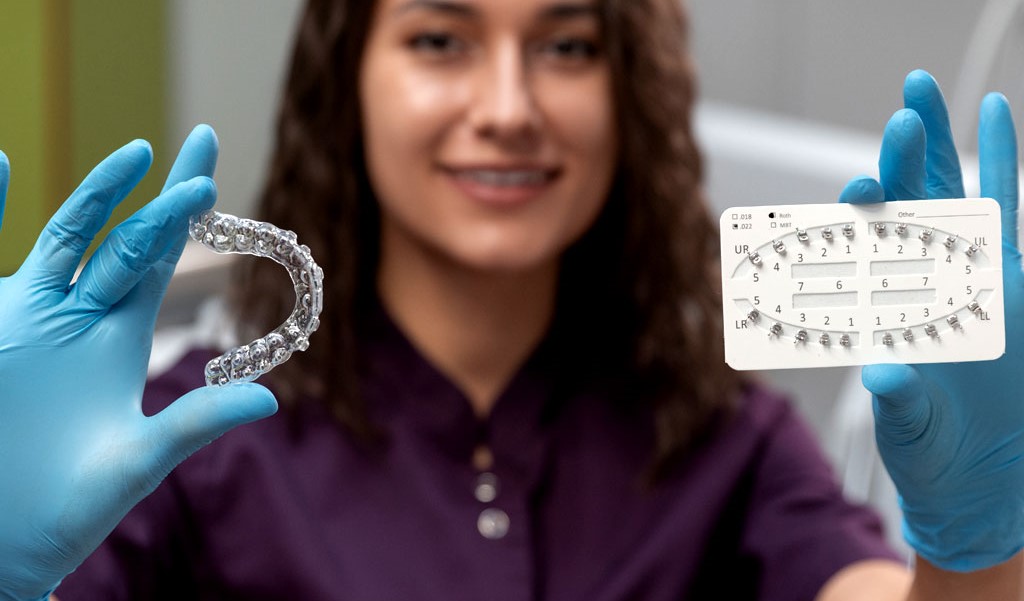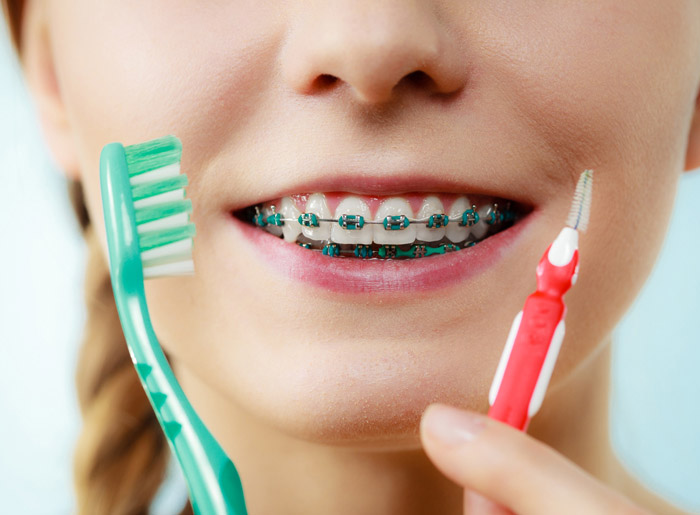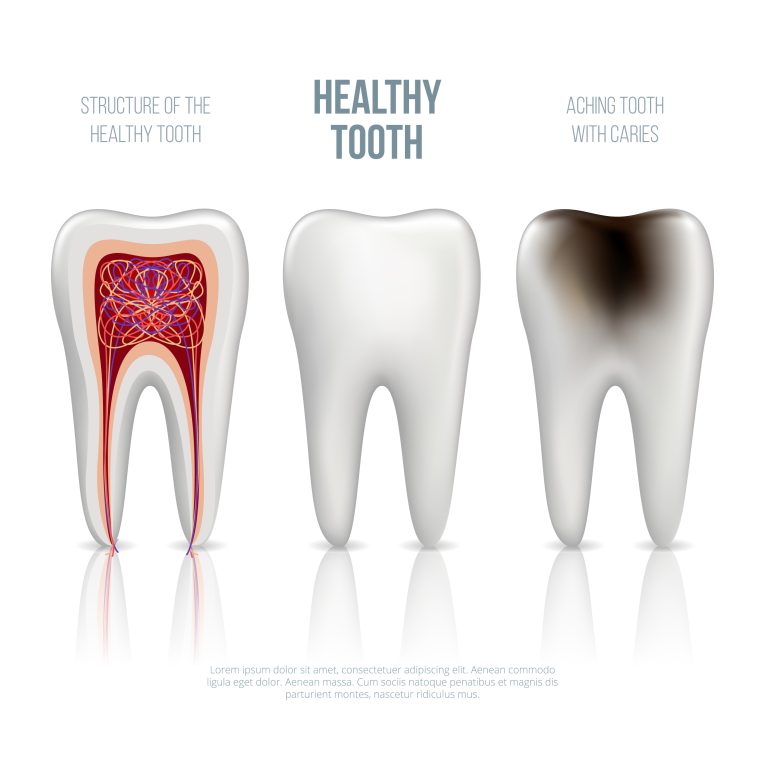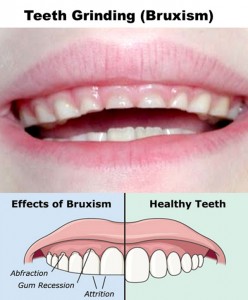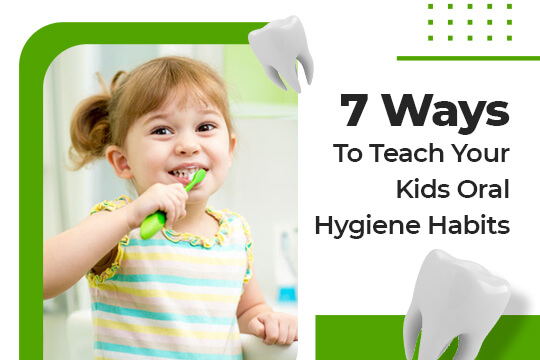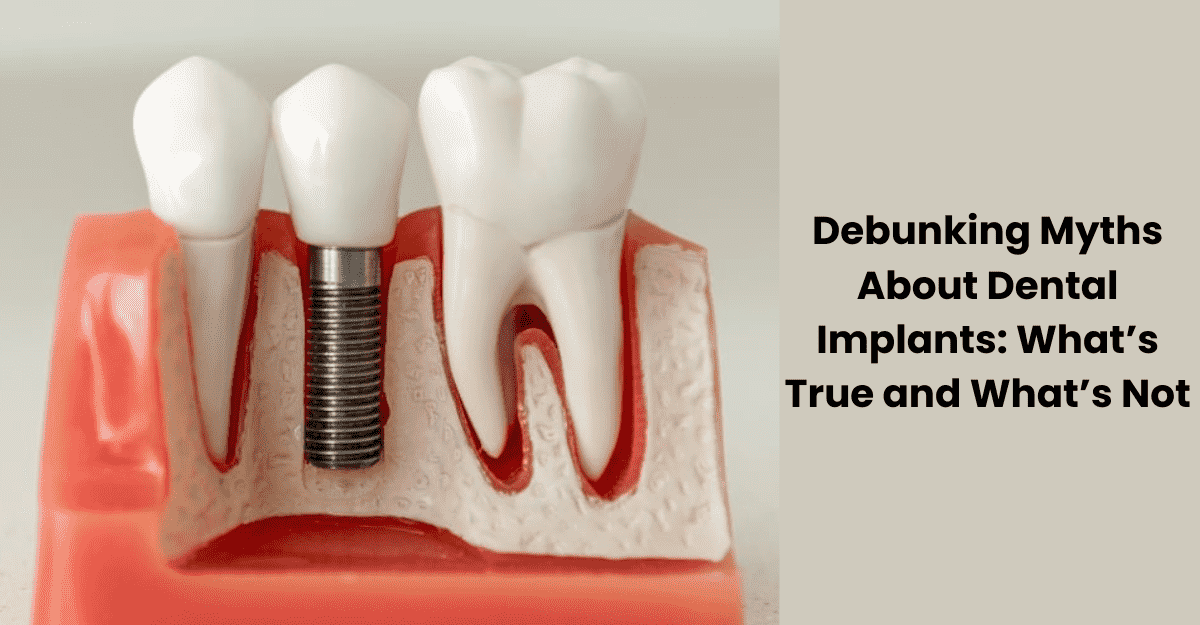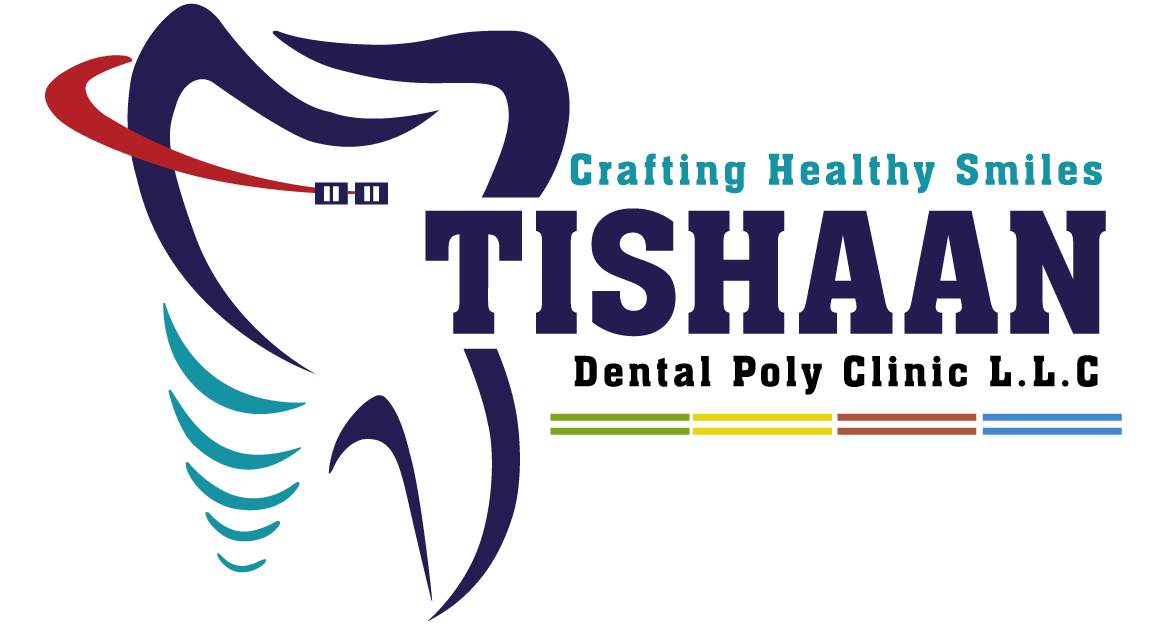Standard post with a single image
Good oral health is essential for children, and parents strive to prevent cavities through regular brushing, flossing, and routine check-ups. However, for an extra layer of protection, dental sealants have proven to be an effective solution, especially for cavity-prone areas in young teeth. At a family dental clinic in Dubai, professionals often recommend sealants to help children maintain a healthy smile. This article will delve into what dental sealants are, how they work, and why they are a valuable addition to your child’s oral care routine.
What Are Dental Sealants?
Dental sealants are thin, protective coatings that are applied to the chewing surfaces of the back teeth, specifically molars and premolars. These back teeth are naturally prone to cavities because of their deep grooves and fissures, where food particles and bacteria can easily get trapped. Even with diligent brushing, these crevices can be difficult to clean thoroughly, making them susceptible to decay. Sealants act as a protective barrier, shielding these vulnerable areas from bacteria and acids that cause cavities.
When applied correctly, dental sealants can reduce the risk of decay by up to 80%, according to the Centers for Disease Control and Prevention (CDC). They don’t replace regular brushing and flossing but offer an added layer of defense, especially for children who are still developing consistent oral hygiene habits.
How Are Dental Sealants Applied?
The application of dental sealants is a quick, painless process that can often be completed during a regular dental visit. Here’s how it typically works:
- Cleaning the Tooth Surface
- The dentist first cleans and dries the tooth’s surface to ensure the sealant adheres properly.
- Applying a Special Solution
- A mild acidic solution is applied to the tooth’s surface to create a slightly rougher texture, helping the sealant bond securely.
- Rinsing and Drying
- After a few seconds, the solution is rinsed off, and the tooth is dried again.
- Applying the Sealant
- The dentist then paints the sealant material onto the tooth, carefully covering the grooves and pits where decay is most likely to occur.
- Hardening with a Special Light
- A curing light is used to harden the sealant, forming a solid protective shield. Once hardened, the sealant provides a strong barrier against food particles, bacteria, and acids.
The entire procedure is safe, comfortable, and takes just a few minutes per tooth. This makes it an ideal option for children who may be nervous about dental treatments.
Who Benefits Most from Dental Sealants?
While dental sealants are highly beneficial for children and teenagers, adults with deep grooves or decay-prone teeth can also benefit. However, sealants are primarily recommended for:
- Children Ages 6 to 14
- This is the age when the first and second molars come in, which are the teeth most vulnerable to cavities. Applying sealants shortly after these teeth appear offers the best protection.
- Younger Children with Early Signs of Decay
- Children as young as six can benefit from sealants if they have back teeth with deep grooves and early signs of enamel wear. Sealants can prevent cavities from forming in these areas.
- Adults with Deep Grooves and No Cavities
- While less common, adults who have never had cavities and who have particularly deep grooves in their back teeth can also consider sealants for added protection.
The versatility of sealants makes them a practical solution for a wide age range, although they are most beneficial for children who are just developing their permanent teeth.
The Effectiveness and Lifespan of Dental Sealants
Dental sealants are remarkably effective. Studies show that they can reduce the risk of decay by up to 80% in the back teeth, making them one of the most effective preventive measures available. Sealants provide protection for several years, typically lasting between five to ten years with proper care. During routine check-ups, your dentist can examine the sealants for any signs of wear or chipping and can reapply them if necessary.
Are Dental Sealants Safe?
Yes, dental sealants are safe for both children and adults. Made from a durable, BPA-free plastic resin, they have been used in dentistry for decades without any reported health risks. Research has confirmed the safety of dental sealants, and family dental clinics in Dubai and worldwide continue to use them as a routine preventive measure. However, if you have specific concerns about the materials used in sealants, your dentist can provide further information on the specific brand and composition they use.
Why Sealants Are a Good Investment for Your Child’s Oral Health
Dental sealants are a cost-effective solution compared to the expenses that can arise from treating cavities and other dental issues. Preventive care is always more economical and beneficial in the long run. By investing in dental sealants for your child now, you reduce the likelihood of costly procedures, such as fillings or crowns, later on.
Moreover, the confidence that comes from maintaining a healthy, cavity-free smile is invaluable for children. Sealants can help prevent painful decay, allowing your child to enjoy eating, speaking, and smiling without discomfort.
Tips for Maintaining Dental Sealants
Once your child has sealants, here are some tips to ensure they remain effective for as long as possible:
Regular Dental Check-Ups
Regular visits to your family dental clinic in Dubai allow the dentist to monitor the sealants and recommend reapplication if necessary.
Avoid Sticky Foods
Extremely sticky or hard foods can damage sealants. Limiting these foods can help preserve the integrity of the sealants.
Continue Good Oral Hygiene
Although sealants protect the chewing surfaces of teeth, they don’t cover the spaces between teeth. Encourage your child to brush twice daily and floss to keep their whole mouth healthy.
Encourage a Balanced Diet
Sugary foods contribute to tooth decay, even with sealants. A balanced diet supports overall oral health and helps protect the teeth.
Use Mouthguards for Sports
If your child participates in contact sports, consider a mouthguard to protect their teeth, including those with sealants, from potential injury.
Questions to Ask Your Family Dental Clinic in Dubai
When considering dental sealants for your child, here are some questions that might help you make an informed decision:
- Are sealants covered by my insurance?
- Many insurance plans cover sealants as a preventive treatment, so it’s worth checking with your provider.
- What are the specific benefits for my child?
- Discuss any unique dental concerns your child may have and how sealants can help address them.
- How often will the sealants need to be checked or replaced?
- Your dentist can provide a personalized schedule based on your child’s dental needs.
Conclusion
Dental sealants are a highly effective, affordable way to protect your child’s teeth from cavities, particularly in hard-to-clean areas like molars and premolars. By adding this layer of protection, a family dental clinic in Dubai can help set the foundation for lifelong dental health. Sealants are painless to apply, require minimal upkeep, and can be checked and maintained during regular dental visits.
If you’re looking for ways to safeguard your child’s oral health, consider discussing sealants with your family dentist. With their expert guidance, you can make informed choices that support your child’s dental well-being and help them enjoy a cavity-free smile for years to come.
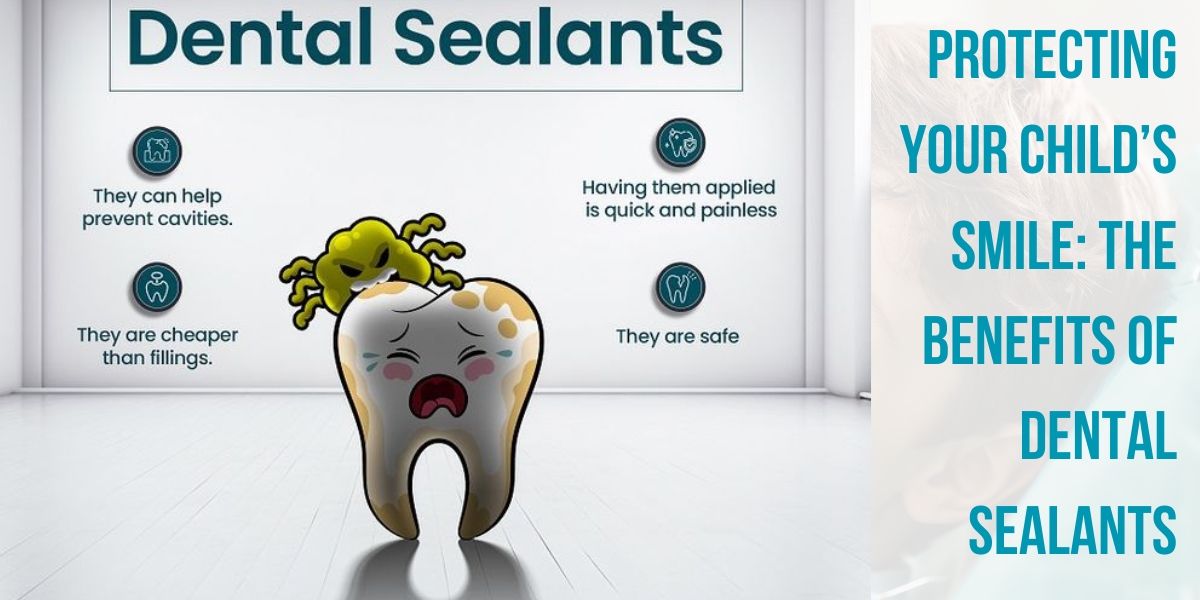


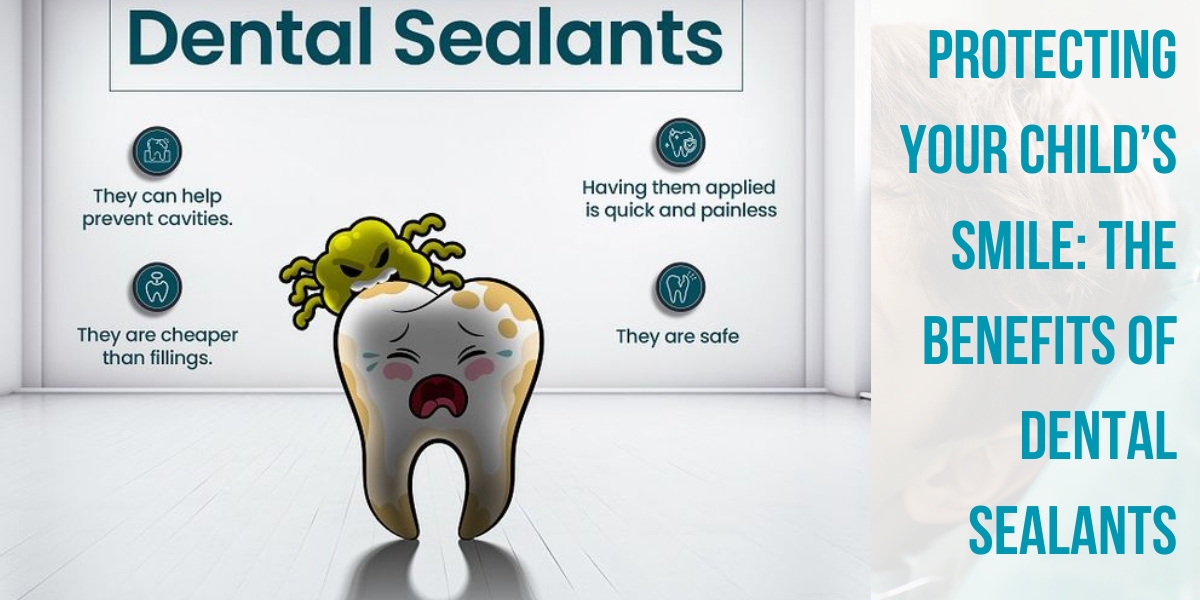
.jpg?tr=w-64)
